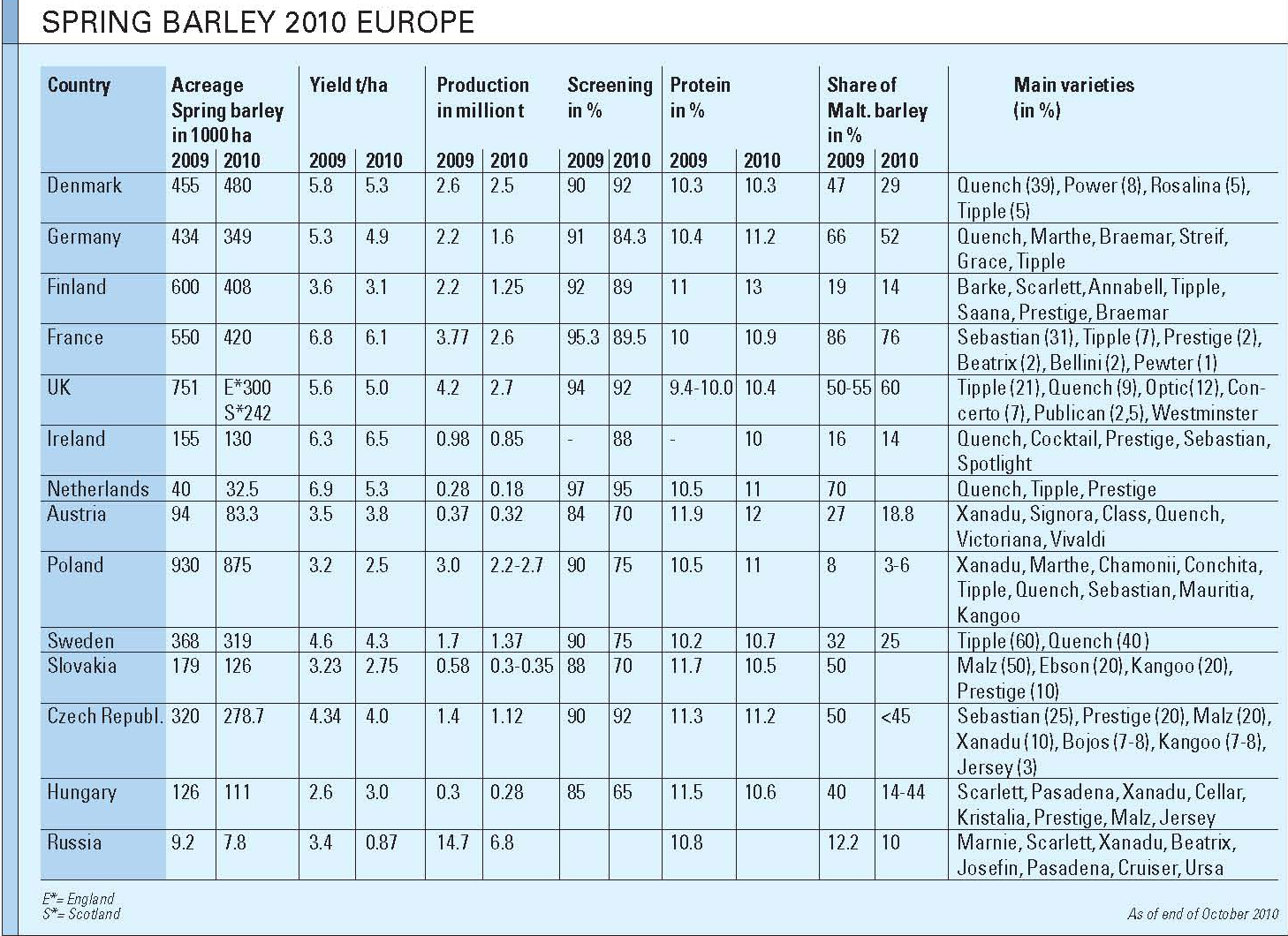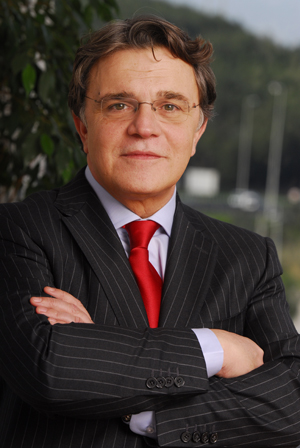Rising expenses for commodities including malt and barley may lead to higher prices and “significantly lower” earnings in eastern Europe, where operating profit increased 27 percent in the third quarter, Carlsberg said. The region accounts for 31 percent of the brewer’s revenue and more than half of its profits.
Although beer consumption has been affected by the global economic crisis, at a global level growth is still relatively robust. Canadean predicts an average growth rate of 2.8 percent between 2009 and 2015.
Members of Parliament agreed to ban promotions such as supermarket multi-buy deals, “buy-one-get-one-free” offers. This will come into effect in 2011, making this Christmas the last chance to take advantage of such offers.
BWI: PriceWaterhouseCoopers (PWC), in its recent 2010 study, paints a bleak outlook for Europe’s beer supply chain if excise taxes on beer were raised by 20 percent. How realistic is this scenario?
However, when stripping out the effect of asset sales from year-earlier results, earnings before interest, taxes, depreciation and amortization (EBITDA), excluding some items, rose 9.1 percent to USD 3.53 billion.
Pernod Ricard concluded that its first-quarter trends were encouraging for the full year, with the European market improving. The company is aiming for growth in operating profit from recurring operations of close to 6 percent.
On 5 January 2010, AB-InBev announced a large restructuring plan that involved cutting 304 jobs at its sites in Leuven in Flanders, Jupille in Wallonia and at other sites in Wallonia, Flanders and Brussels. Management justified its decision by citing the fall in beer consumption in Belgium by some 20 percent between 2000 and 2008. Nevertheless, trade unions and workers rejected this explanation since the group seemed to have escaped the economic crisis, given the large profits achieved in 2009.
Total revenue in the quarter rose 13 percent to EUR 4.6 billion. Net profit was EUR 520 million, the company said, without giving a comparable figure.
At the end of October 2010, Brigid Simmonds, Chief Executive of the BBPA, called on the government to give the embattled brewing and pub industries a break by cutting regulation and reducing VAT.
C&C’s British sales were also boosted by last year’s purchases of Scottish beer brand Tennent’s from AB-InBev and the UK cider assets of Constellation Brands.



